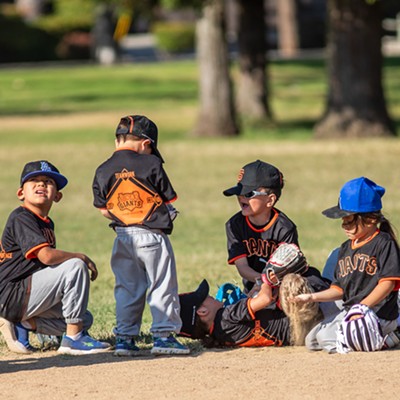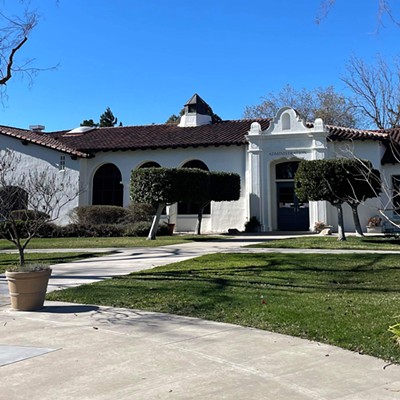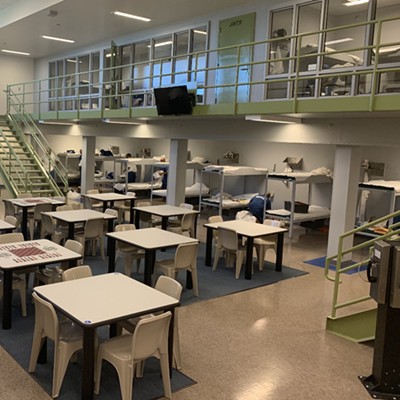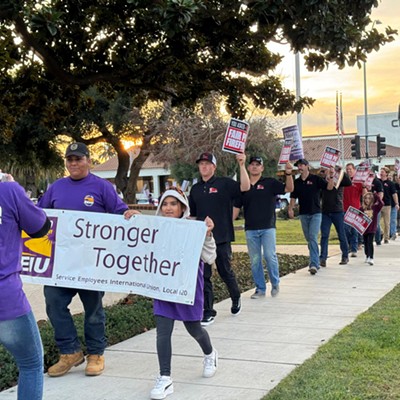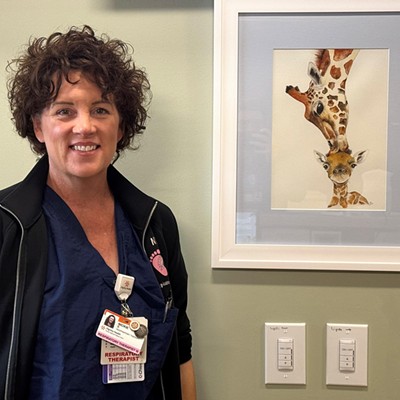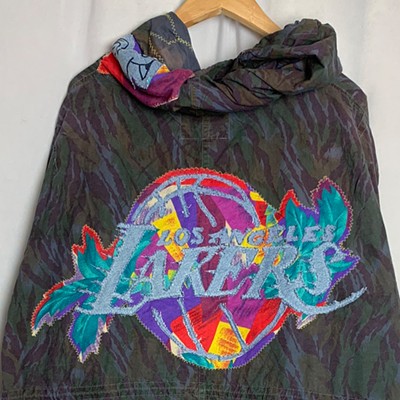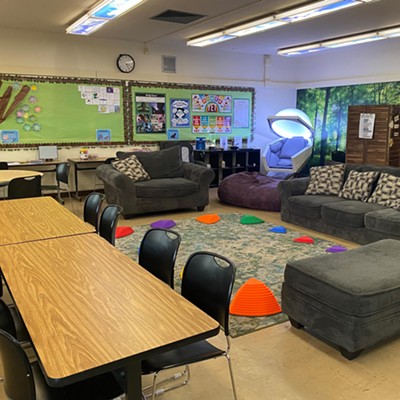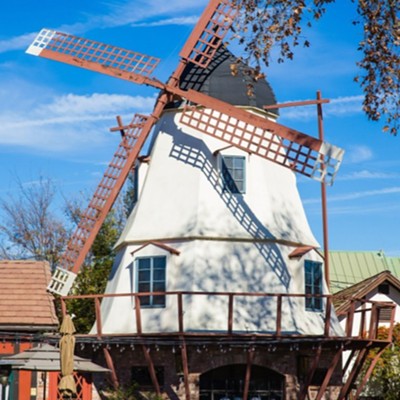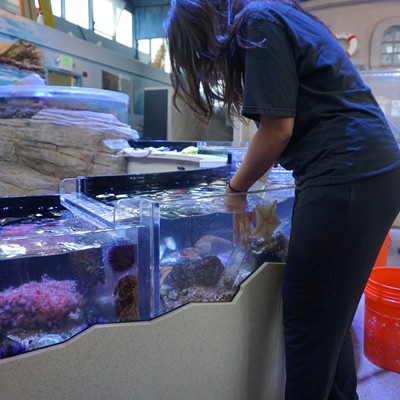Virginia Perry Souza joined the league to better educate herself on elections and items on the ballot.
“I sat there as ignorant as a post and let everyone do the work, and therefore I didn’t learn or do anything, but now what I’m doing is important,” Souza told the Sun. “When I retired and my husband passed, I had all the time, and boy oh boy am I learning a lot even in my advanced age.”
From hosting candidate forums to registering residents to vote, the League of Women Voters has been helping North County voters since the 1960s, said Souza, North Santa Barbara County chapter president.
The League of Women Voters is a national nonprofit that started during the women’s suffrage movement and advocated for women’s right to vote. Now with more than 700 chapters, the organization works to protect and expand voting rights to ensure equal representation, she said. Formerly known as the League of Women Voters Santa Maria Valley, the North Santa Barbara County chapter decided to change its name in January to better encapsulate North County communities, Souza said.
“We have so many cities, from the little tiny [New] Cuyama to the largest city, Santa Maria,” she said. “We dig down with our advisory committees for [what] our local issues are, and we just want our local communities to understand how important their votes are because under the new districting system … just a few votes separate the winners and losers in local races.”
As it gears up for the March 5 primary, and looking ahead to the Nov. 5 general election, the League of Women Voters is looking for more people to join and help host election-related events throughout northern Santa Barbara County. Currently the local chapter has a little fewer than 50 members working throughout the county.
“We want to build a strong foundation. Our fiscal year ends June 30, so we want to be ready to sprint out of the gate in July. This primary we only have one proposition on our ballot; in November, we’re going to have lots of them,” Souza said. “We need more people in order to do more work.”
Part of that work includes hosting candidate forums, where the league presents the same questions to each candidate and gives audience members a chance to ask questions directly to those running for local office, she said. Before the primary election, the league hosted forums for the 3rd and 4th District Board of Supervisors races, which are now available online for residents to watch.
“What we’ve done increasingly is we are present at local events. Whenever there’s a large gathering [in] one of our cities, we have voter registration forms and help people fill those out,” Souza said. “We’ve gone out to Santa Maria High School, and the student club invited us in, and we registered 120 kids at a noontime club day.”
In California, students can pre-register when they turn 16 and will automatically be registered when they turn 18, she added.
Prior to each election, the league publishes and distributes its Easy Voter Guide that breaks down the laws that are on the ballot and who’s behind the funding. Visit my.lwv.org/california/north-santa-barbara-county to learn more about the league’s local chapter, donate, or become a member.
Highlights
• Farmworkers, advocates, and researchers from the California Farmworker Advocacy Working Group—including Central Coast Alliance United for a Sustainable Economy—testified at the Assembly Labor and Employment Committee’s informational hearing on Feb. 7 to discuss the unique challenges faced by farmworkers, including life-threatening safety and wage violations and the failure by state labor agencies to enforce existing labor regulations ahead of California’s deadly heat season. They also discussed community-based solutions to these challenges.
• Well Done Foundation, a national nonprofit dedicated to plugging the 3.5 million orphaned oil and gas wells across the United States, announced its first well-plugging project in Orcutt and Santa Maria. Well Done Foundation’s Santa Barbara County Legacy Orphan Well Project is in collaboration with state, regional, and local government agencies; community organizations; and private sector businesses to take action to plug orphan wells that may be leaking methane into the surrounding towns and cities. After each well is plugged, the foundation aims to restore the area around it to its natural state. Well Done Foundation has plugged more than 40 orphaned wells in Pennsylvania, Ohio, Louisiana, Montana, and New Mexico—saving more than 950,000 metric tons of greenhouse gasses from entering the atmosphere.
Reach Staff Writer Taylor O’Connor at [email protected].



